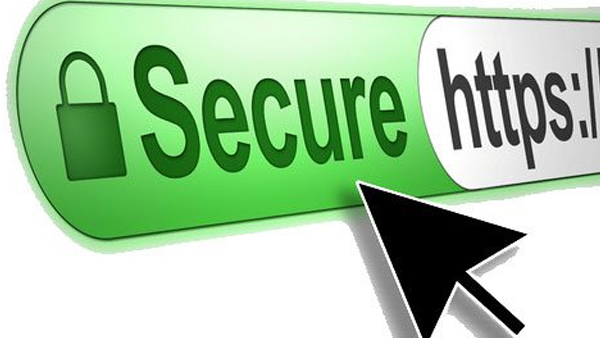|
Dear Colleagues,
The holiday season is a prime time for hackers, scammers and online thieves. Due to the pandemic, this holiday season may look and feel a bit different, but we all still need to be aware of the potential dangers online shopping can bring and the ways we can protect ourselves. While millions of Americans will be online looking for the best gifts and Cyber Monday deals, hackers will be looking to take advantage of unsuspecting shoppers by searching for weaknesses in their devices or internet connections or attempting to extract personal and financial information through fake websites or charities.
The best defense against these threats is awareness. There are a few simple steps we all can take to be more secure before and after we shop. The National Cyber Security Alliance recommends following these basic steps so you'll be ready to cybershop safely and securely.
Be alert for holiday scams and other cyber threats.
- Lock down your login. Remember to use a strong and unique password for each account. Password reuse for multiple accounts is one of the most common ways accounts are hijacked. A strong password is at least nine characters long, containing a mix of letters, numbers and symbols. One of the most critical things you can do in preparation for the online shopping season is to fortify your online accounts by enabling two-step verification. Two-step verification provides an extra layer of security beyond your username and password to protect against account hijacking. Many online services, including email and social networks, offer this free extra security protection to help ensure it’s actually you trying to access your account — not just someone who stole or guessed your password.
- Keep clean machines. Before searching for that perfect gift, be sure that all web-connected devices — including PCs, mobile phones, smartphones and tablets — are free from malware and infections by running only the most current versions of software and apps.
- Shop reliable websites online. Use the sites of retailers you trust. If it sounds too good to be true, it probably is!
- Conduct research. When using a new website for your holiday purchases, read reviews and see if other customers have had a positive or negative experience with the site.
- Treat personal information like money: value it and protect it. When making a purchase online, be alert to the kinds of information being collected to complete the transaction. Make sure you think it is necessary for the vendor to request that information. Remember that you only need to fill out required fields at checkout.
- Get savvy about Wi-Fi hotspots. If you are out and about, limit the type of business you conduct over open public Wi-Fi connections, including logging in to key accounts, such as email and banking. Adjust the security settings on your device to limit who can access your phone. If you must use open Wi-Fi connections, connect to a virtual private network (VPN) first. Alternatively, wait until you get home, or use your cell phone data connection, rather than public Wi-Fi.
-
Check the address bar. Make sure your information is encrypted. Indications that your information will be encrypted include a Uniform Resource Locator (URL) that begins with "https:" instead of "http:" and a padlock icon (see below).
If the padlock is closed, the information is encrypted. The location of the icon varies by browser; for example, it may be to the right of the
address bar or at the bottom of the window. Some attackers try to trick users by adding a fake padlock icon, so make sure that the icon
is in the appropriate location for your browser. Look for the lock icon and https:// in the URL before using your credit card online.
- Use a credit card. There are laws to limit your liability for fraudulent credit card charges, but you may not have the same level of protection for your debit cards. Additionally, debit cards draw money directly from bank accounts, unauthorized charges could leave you with insufficient funds to pay other bills. You can minimize potential damage by using a single, low-limit credit card to make all of your online purchases. Also, use a credit card when using payment gateways such as PayPal, Google Wallet or Apple Pay.
- Check your statements. Keep a record of your purchases and copies of confirmation pages and compare them to your bank statements. If there is a discrepancy, report it immediately.
- Check privacy policies. Before providing personal or financial information, check the website's privacy policy. Make sure you understand how your information will be stored and used.
|



